Avoiding certain foods is a great way to reduce bloating. While eating healthy foods and beverages that will help clear excess fluid, reduce water retention, and relieve gas, they can reduce bloating. Here are the basic foods that should be avoided so that you do not suffer from bloated stomach.
Salt
Avoid salt, salty spices and highly processed foods. Water is attracted by sodium, so when you take in higher than usual amounts, you will temporarily retain more fluid, which contributes to a bloated stomach.
Excess carbohydrates
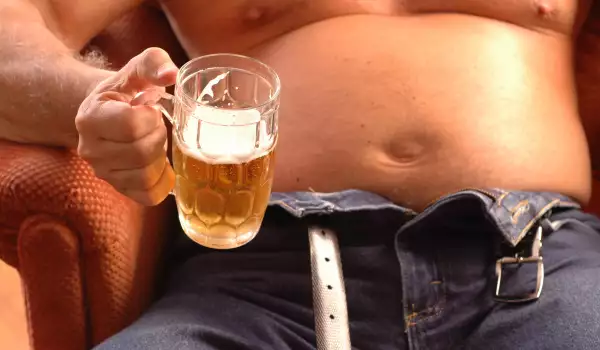
As a backup source of energy, your muscles store a certain type of carbohydrate called glycogen. Each gram of glycogen is stored with about 3 grams of extra water. By reducing your carbohydrate intake, it will temporarily cause your body to reach for this stored fuel and burn it. At the same time, the stored excess liquids will be removed.
Raw foods
A serving of half a cup of boiled carrots delivers the same nutrients as a cup of raw carrots, but with the difference that it takes up less space in the gastrointestinal tract. Eat only boiled vegetables, small portions of unsweetened dried fruit and canned fruit. This will allow you to meet your nutrient needs without expanding the range of the gastrointestinal tract with extra volume.
Gas-producing foods
Some foods simply create more gas in the gastrointestinal tract. These include legumes, cauliflower, broccoli, Brussels sprouts, cabbage, onions, peppers and citrus fruit.
Sugar Alcohols
These sugar substitutes, which come under the names xylitol or maltitol, are often found in low-calorie or low-carbohydrate products such as biscuits, candies and energy bars because they are sweet. Like fiber, the gastrointestinal tract cannot absorb most of it. This is good for your lower calorie line, but not so good for your stomach. Sugar alcohols cause flatulence, bloating, bloating of the stomach and diarrhea. Avoid them.
Fried foods
Fatty foods, especially fried foods, are digested more slowly, making you feel heavy and bloated. You will need to eat fat, but you will need to eat a healthier type of fat, such as monounsaturated fatty acids. They can be found in oils (such as olive oil), olives, nuts and seeds, avocados and dark chocolate.
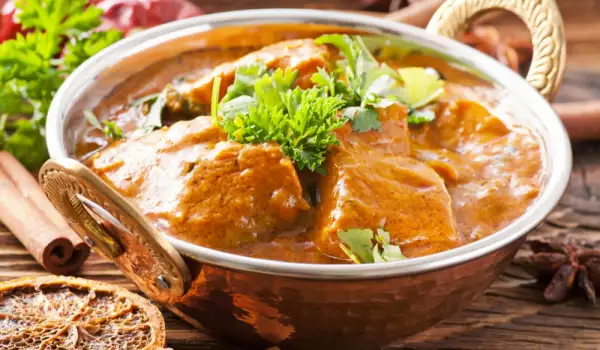
Spicy foods
Foods seasoned with spicy black pepper, nutmeg, cloves, chili powder, hot sauces, onions, garlic, mustard, barbecue sauce, horseradish, ketchup, tomato sauce, vinegar can all stimulate the release of stomach acid, which can cause irritation and swelling.
Carbonated drinks
Where do you think all these bubbles go in the end? They go into the stomach! Swap these drinks for water and you will have a flatter stomach.
High-acid drinks
Alcohol, coffee, tea, hot cocoa and sour fruit juices: Each of these high-acid beverages can irritate the gastrointestinal tract, which will lead to bloating.
Chewing gum
You may not realize it, but when you chew gum, you swallow air. Anything that traps air in the gastrointestinal tract and causes pressure causes bloating and abdominal expansion.
Ice cream
The favorite summer temptation, which many eat in excessive quantities. If you then feel discomfort or pain in the stomach, do not be surprised. Most ice cream is made up of milk and in fact it is a frozen dairy product. It contains a large amount of lactose, dramatically raises glucose in the body and often causes gas and bloating.
Apples
As much as we love them, we must admit that eating raw apples leads to rapid bloating. This is due to the fructose and fiber that the fruit is rich in.
Grapes
Sorry for the information, but a few grapes can drag you away from wearing your favorite dress. It does not have a positive effect on the intestinal flora and usually causes gas and bloating.
Pears
Another favorite fruit that can cause stomach discomfort. In addition to the fructose content, pears have other elements that are broken down more slowly and much more difficult by the body and can therefore lead to bloating and gas.
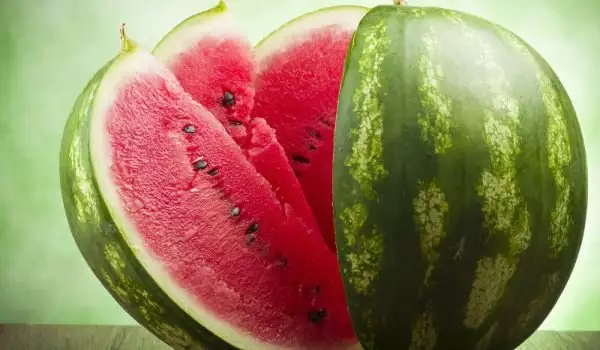
Watermelon
Be careful with the consumption of watermelon. Although it's very healthy, it is famous for its high fructose content, which can cause unpleasant gas or bloating.
White bread
It is no coincidence that all diets advise to eliminate white bread or at least replace it with another. In addition to promoting the formation and accumulation of fat and increasing blood sugar, white flour and bread in particular cause a feeling of heaviness, bloating and gas.
Yoghurt
Although recommended for a healthy diet, especially for breakfast, yogurt can cause discomfort, which can lead to bloating. This is observed especially in people with lactose intolerance or difficulty digesting it. The same goes for milk.
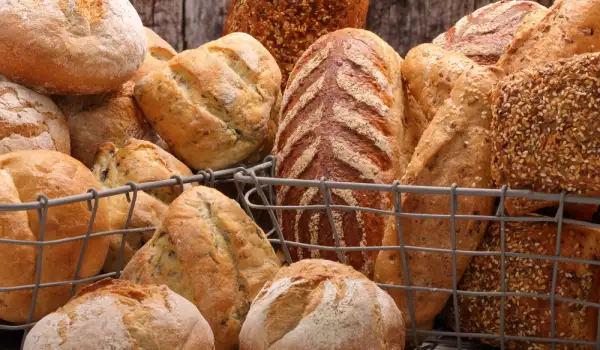
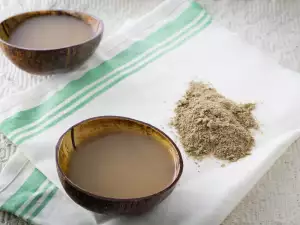
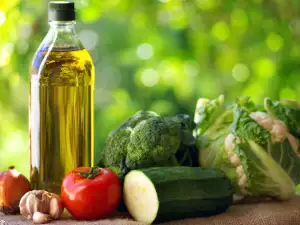



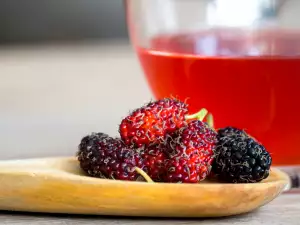


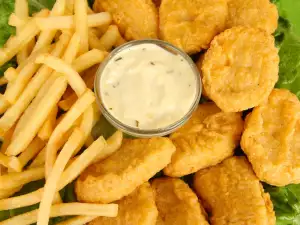


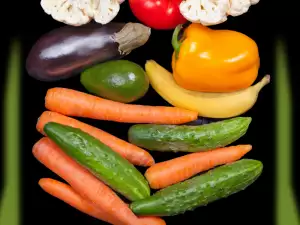
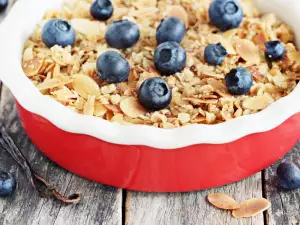

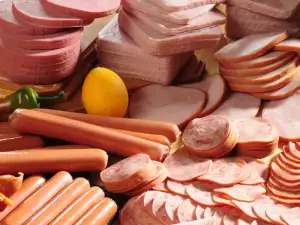




Comments